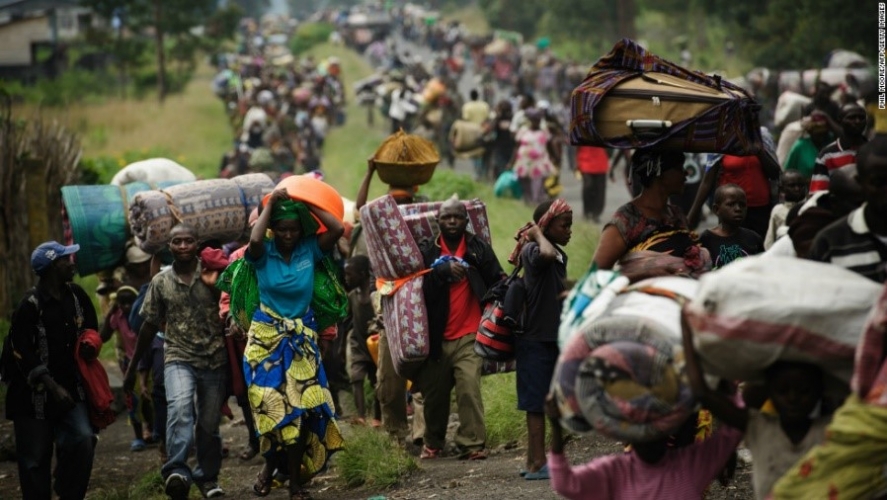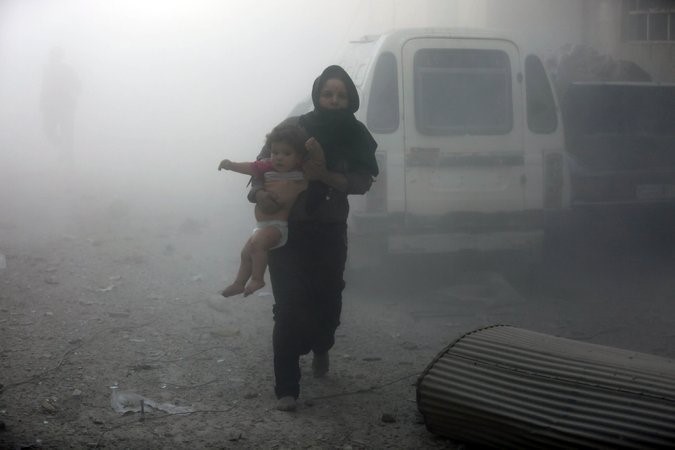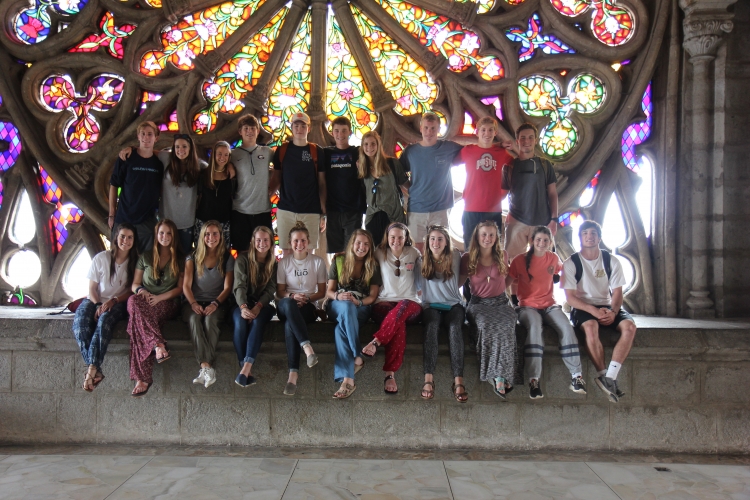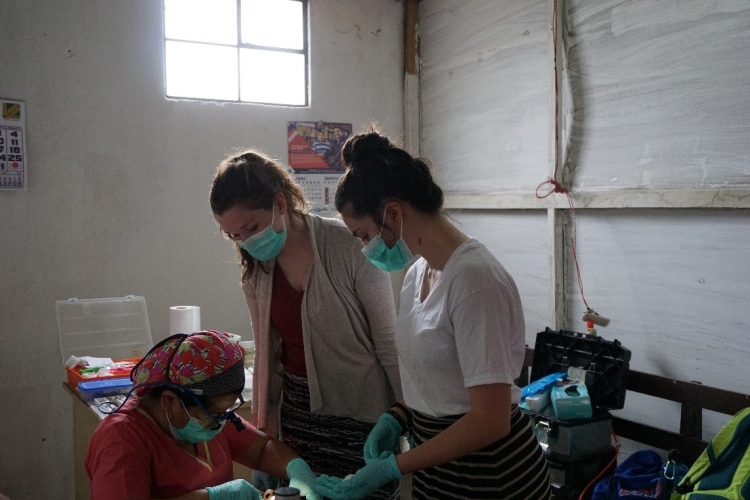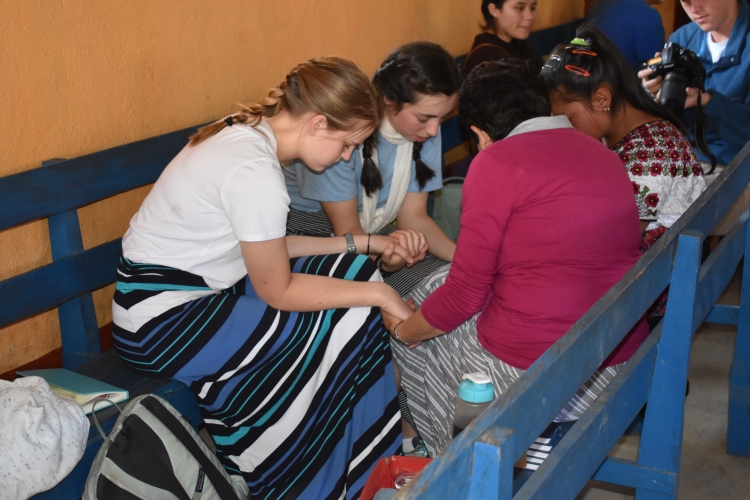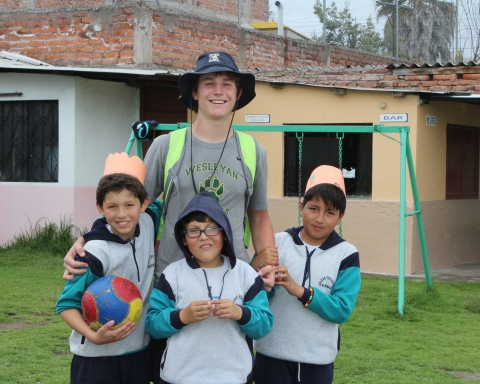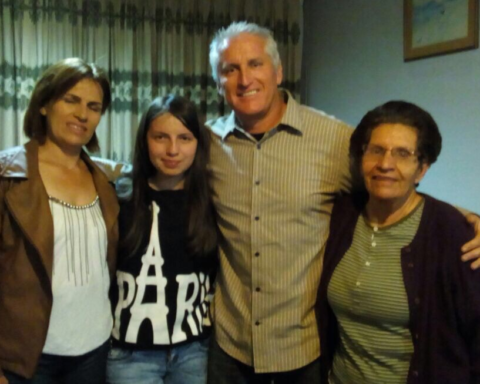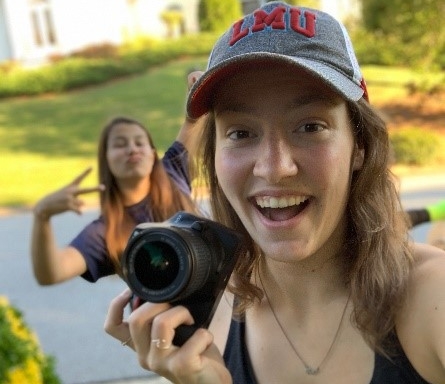2017 was an arduous year for the United States. Deemed the deadliest year for mass shootings in U.S. history, the country finished the year with around 307 mass shootings. Police killed 1,147 people, and there was a substantial number of bombings in public places. England and France also made notable headlines in the U.S. However, 11.5 percent of Syria’s population has been killed or injured since 2011, proving that is it much rarer to see news like that make headlines in first-world countries.
According to the Syrian Centre for Policy Research (SCRP), “Fatalities caused by war, directly and indirectly, amount to 470,000–a far higher total than the figure of 250,000 used by the United Nations until it stopped collecting statistics 18 months ago,” Syria has amassed so much death and injury in their year-long conflict that the country is no longer able to verify the sources of information they use to estimate the death toll. The media coverage in countries like the U.S. and England becomes less informative when it comes to the outreach of Syria. But even wars like the Syrian Civil War get more coverage than other countries in Africa, the Middle East and South Asia.
For example, Yemen has been at war since 2015. Saudi Arabia, along with a coalition of other Arab states came together to defeat the Houthis, a theological movement preaching peace, in Yemen. Amanda Taub, a writer for the New York Times said, “Some wars, like Syria’s, receive tremendous public attention, which can translate into pressure for resolution. But many others, like Yemen’s still raging but much ignored conflict, do not.” There are many reasons for this; the scale of the Syrian Civil War being far more detrimental and with a higher death-toll than Yemen’s. “But attention is more than numbers,” said Taub.
The Congo is another country that has suffered through many accounts of war since 1998. Beginning with the First Congo War and continuing through the Second Congo War. Although the war ended in 2002 with the signing of a peace agreement, violence continues through the country, especially in the east. Some students from English Department Chair Joe Tamel’s seventh period English seminar class testified that they knew nothing about the Congolese conflict until reading “The Poisonwood Bible” in class. “The Poisonwood Bible” is a book that details the move of a family from the U.S. to the Congo in 1959 during the Congo’s fight for independence from the Belgian Empire.
Spanish teacher and Coordinador de la Comunidad Latina Guillermo Vallejo said, “In the economy, we think we’re the superpower. We focus on just our country. The news in Europe is worldwide, it’s mainly about the power; thinking we’re the super in the world. The news in Latin America is worldwide. It’s really behind in globalization because now the super power is China, not the US. But since we think we’re the super power, we focus on ourselves.”
So why are we oblivious to the tragedies of “third-world” countries? “Inattention is the default, not the exception,” said Taub, meaning that the reason why countries like the U.S. forget about conflicts in Yemen and the Congo is because conflicts only gain major media attention when they provide a compelling story-line. The story must be relevant and current to keep up with American interests and must resonate with ongoing political issues in the U.S. that either politicians or the people would want to support.
As students and faculty attending a Christian school, it is important for us to help the people of the world. Hebrews 6:10 says, “God is not unjust; he will not forget your work and the love you have shown him as you have helped his people and continue to help them.” We know it is our duty to find those who need help and to help them the best we can, but at the same time, staying plugged in to the news 24/7 can be detrimental to one’s health, causing despair and sometimes even depressive states for people who constantly listen to the negative news. It is important to balance the good with the bad, and as you look to help others, remember to help yourself and make sure your mental health and well-being are in good states.
Is it possible for us to become more aware of conflicts external to our country? Of course it is. Wesleyan helps give back by providing their students with the opportunity to go on mission trips. Traveling to other countries to spread medical aid, repair buildings and provide spiritual stability for people in need can really make a difference and spread awareness throughout the country. Other ways to help can seem small at first but grow in strength with several people supporting a cause. Whether it is signing a petition, writing to your local representatives or even pursuing a career to help with foreign aid or politics, these connections introduce and ease students into the world.


